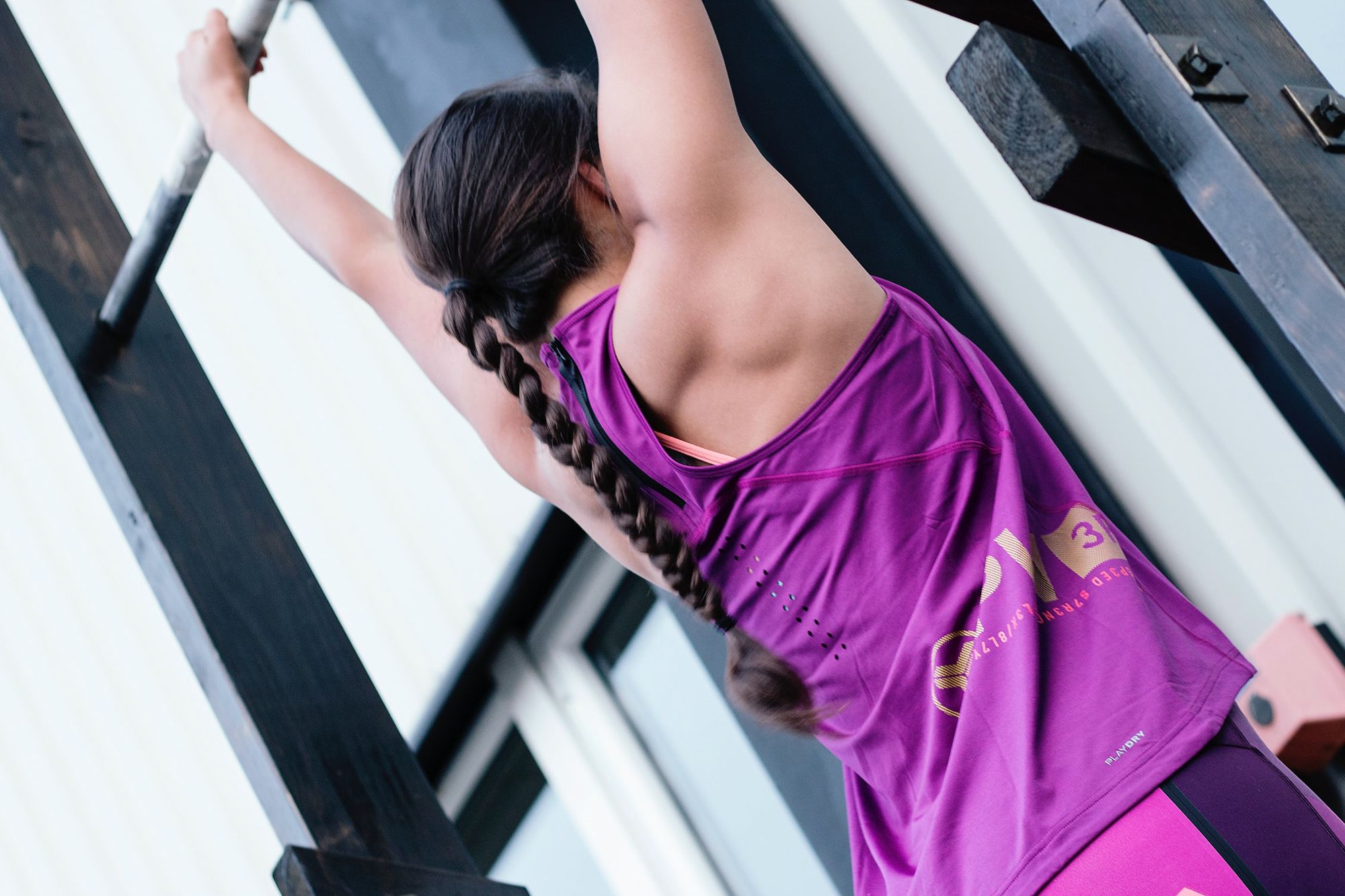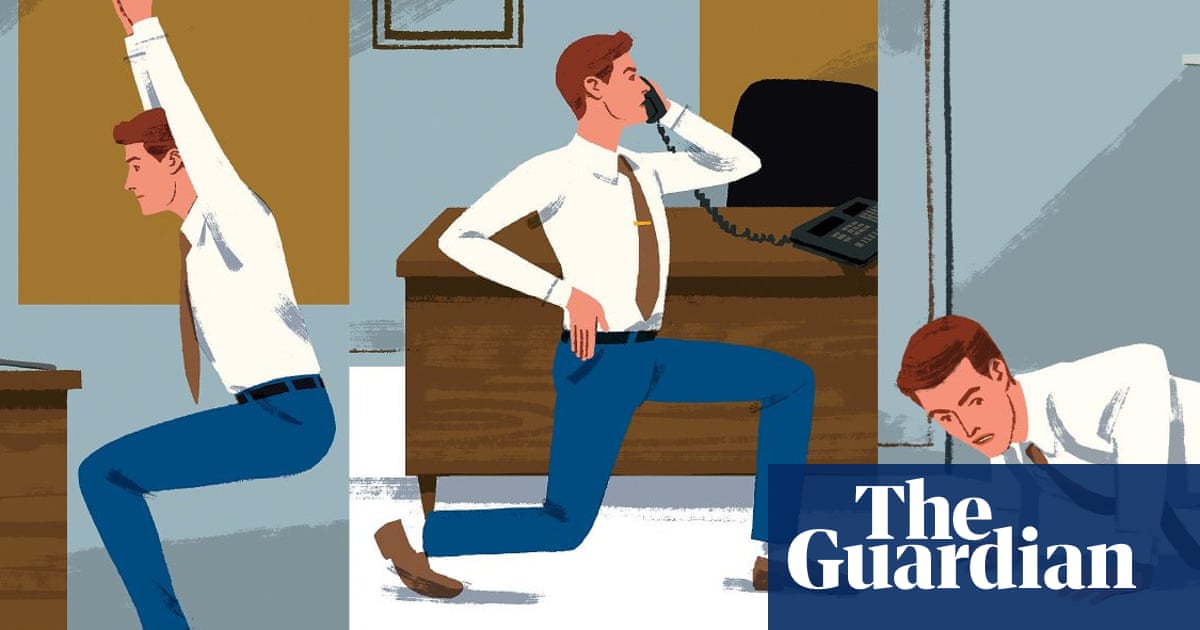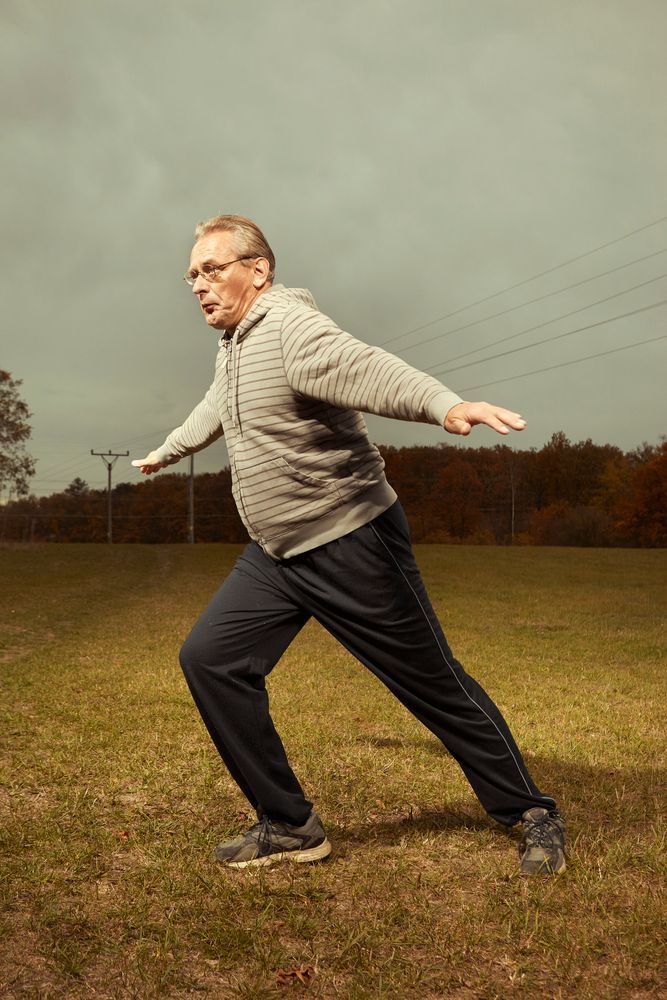
My jock chiropractor offers more advice on how to get the body you want
Are you forever seeking hacks and quick fixes as a shortcut to excellence? While the idea is immensely attractive, the unfortunate news is that when it comes to fitness and our bodies, progress can be frustratingly slow. Even worse, what's changing for us might be so subtle, so subcutaneous, that we have no clue what's going on at the cellular level. You can turn a hack into a habit, but it's not a one-and-done. It takes a little planning, and taking your own proclivities into account.
Truth? If you're working at your fitness, even just a little bit, good things are happening all over the place. So part of the Rx is to get going. The other part of the process is a combination of patience and perseverance. That's not hard to do if you set up a reward system. That is what makes it fun.
Dr. Plummer, my sports chiro, and I were discussing workout hacks yesterday. While hacks in and of themselves don't deliver result, here's one way of thinking about and setting up what starts out as a hack and may well turn into a habit.
A hack might be to install a pull-up bar across a well-used doorway. The ones I'm thinking of are the easy- to-install kind that don't damage the frame, cost under $35 and can come off and be used for other exercises as needed.
The idea behind is that if there's one handy, you'll use it at least every so often as you use that doorway.
The fact is, and I can attest, that while the initial motivation is terrific, the reality is that after a while, we stop, and then don't even notice that the pull-up bar exists.
Other than to hang our laundry on, that is, as we're folding. Same goes for that pricey Peloton.
Simple truth is that if you and I don't do the work of moving beyond the compulsion to buy equipment or a DVD which promises quick results and then commit to the habit of doing the work, that hack simply dissolves into the background and ends up eventually tossed into next spring's garage sale.
Some time back, Outside Magazine's editor Chris Keyes took a walk through their offices in Santa Fe, New Mexico. Years before, the office had invested in standing desk, which was at the time a big thing. It was supposed to revolutionize office work. What he found was that his staff had simply bought taller stools, and they still sat most of the day, their bodies curled into lousy posture.
This was the result:

The point was, of course, not to stand, but to MOVE. All day long, small moves, big moves, but MOVE.
The article pointed out how swiftly we buy into a hack, then end up adapting the hack to accommodate our bad habits, rather than the other way around.
What happened at Outside's offices, with a staff of dedicated sports nuts, is what we do all the time. And then we get annoyed that the hack didn't work.
Not the hack. It's us.
So what can we do differently?
The brain is lazy, and it likes habits. So when we first introduce a hack, the novelty sticks with us...for a while. Then we need to change things up. What I do, since I did indeed install said pullup bar across the top of my office door, is introduce both an alarm and a reward system.
Here's what I mean: I use a kitchen timer to get me to stand up and get away from my desk every ten or fifteen minutes. That alarm forces to me to move, and the choice is mine as to what I want to do with my break. I can do a few pullups (the more I do, the more I can do over time) pushups (the same, I am now up to 100 every other day) jog the stairs, or whatever strikes my fancy.
These days, with many if not the majority of us eschewing corporate clothing for pjs or workout gear (that's my fave), it's a lot easier to hit the floor for a downward dog stretch, a few pushups or a set of dumbbell curls.

My dumbbells are on the floor just a few feet way, placed where I can see them but can't trip on them.
Well, most days anyway.
Here's the point. You can set up an alarm on your computer, your watch, doesn't matter. If you vary the alarm every few weeks your brain won't start to ignore it, the way it can learn to ignore a screaming child, a complaining spouse or many other intrusions. While that's a neat skill, when it comes to our body care and better habits, it's not a good friend.
However, if I may, if that hack to habit shift is going to happen, and most especially if you want it to hang around for a while (as in, for life), there has to be some kind of emotional attachment or reward to it.
Doc Plummer, who is lifetime jock, sets up spreadsheets for his performance. He said that when he completes a harder set or a bigger milestone, the pleasure he gets is internal. "YAH! I did that," he says, pointing to his head, his eyes crinkling with a smile. The reward for him is the pride he feels in touching a new, harder milestone.

That works if being a jock is part of who you and I are. However, if we're just getting started, and if we're not likely to ever become jocks, how do we change out the typical food/treat-as-reward for something that doesn't torpedo our progress, like a pizza?
Rather than a cookie for a hard set of pushups, perhaps the challenge is to rethink where we find our pleasure. The sensation of deep pride when you and I FINALLY are able to pull ourselves up just once on that crossbar is part of it. Having someone who will celebrate that progress with us- as well as our being there for their journey- is likely to get far more invested in the process than if we're solo.
Years ago when I began doing standard pushups, I could barely do one. These days I do one hundred nonstop every other day, and push to an extra twenty on challenge days. The immense pleasure that I get from this achievement- and I'm 68- is part of what keeps me after it.
I have two pull-up bars installed across high-traffic doors. After having had surgeries on my shoulder (and another one coming up) I had to restart my pull-up program. So when I started to see progress, I felt great joy. I did NOT run to the fridge and find an ice cream bar, despite the desire to say GOOD GIRL in a big way to myself.
I did give myself one big slap on the opposite shoulder. And I shared what I'd done with another woman of a certain age, who like me, pushes herself hard. The people who are most likely to have your back and lift you up are those who are at or near your level and share your value sets around achievement.
And of course, Doc Plummer is my sounding board. He takes pleasure in my achievements, which argues that the team you build around yourself for your body care is also your cheering squad.

What looks like a reward, especially one that doesn't have a caloric value? How can you set up a small but significant reward system for when you reach a milestone? How can you vary that over time so that both you and your system don't fall part in a few weeks or months?
Those are your challenges.
A hack is useless all by itself. Translated into a regular habit, one that gets changed up for interest every so often, a hack morphs into success over time. When you set up a reward system that results in a positive emotional experience with your successes, even very small ones, you will be even more motivated to keep up the good work.

Comments powered by Talkyard.